The Interim Government of Bangladesh has expressed gratitude to the United Nations Office of the High Commissioner for Human Rights (OHCHR) for conducting a detailed investigation into the tragic events that occurred in Bangladesh during July and August, which led to the end of the Hasina government.
The investigation was carried out after the Interim Government of Bangladesh invited OHCHR to look into the situation.
The findings in the OHCHR report are disturbing, as it points to numerous serious human rights violations.
These include reports of extrajudicial killings, arbitrary arrests, torture, and the excessive use of force by government authorities, particularly those associated with the Awami League and various security agencies.
The report says:
“OHCHR finds that there are reasonable grounds to believe that the former Government and its security and intelligence apparatus, together with violent elements associated with the Awami League, systematically engaged in serious human rights violations, including hundreds of extrajudicial killings, other use of force violations involving serious injuries to thousands of protesters, extensive arbitrary arrest and detention, and torture and other forms of ill-treatment. OHCHR further has reasonable grounds to believe that these violations were carried out with the knowledge, coordination and direction of the political leadership and senior security sector officials.”
The OHCHR also estimates that up to 1,400 people may have lost their lives during the protests, the majority of whom were reportedly shot by military rifles and shotguns loaded with deadly metal pellets used by security forces.
Thousands more were seriously injured, some suffering permanent disabilities.
According to police and the Rapid Action Battalion (RAB), over 11,700 people were arrested and detained.
The report also highlights that 12-13% of those killed were children. It says children were targeted with killings, brutal injuries, arbitrary arrests, and torture.
Women and girls, especially those who participated in early protests, also faced sexual violence, including physical assaults and threats of rape, often by Awami League supporters.
The report continues,
“Based on first-hand testimonies from victims and witnesses and image and video analysis, OHCHR could ascertain that, as protests expanded, a broad array of armed Awami League supporters acted jointly, or in close coordination, with the Police against protesters, using extensive, unlawful violence supporting the Government’s efforts to suppress the protests.”
It further adds,
“In many operations, armed Awami League supporters lined up along with the police or sheltered behind police lines, before launching attacks timed to support the Police’s own efforts to disperse violently the protests. Awami League supporters also stopped and searched people, apprehended protesters and handed them over to the police in an organized, seemingly prearranged fashion."
The report also mentions that the Bangladesh Police provided OHCHR with the names of 95 individuals, including police officers, Awami League leaders, and others, who allegedly supplied weapons to citizens during the protests.
Among these names, 10 were members of parliament, 14 were local Awami League leaders, and others were affiliated with the Jubo League and Chhatra League.
On July 18, a meeting of the ‘Core Committee,’ chaired by the then Home Affairs Minister, took place, with police, RAB, and BGB chiefs in attendance.
The Minister reportedly instructed the BGB Commander to use lethal force more freely.
“Senior official testimony also indicated that, in a meeting held the next day, the Prime Minister herself told security force officials to kill protesters to quell the protests and specifically demanded to `arrest the ringleaders of the protests, the troublemakers, kill them and hide their bodies,`” the report claims.
The OHCHR report also recognizes the cooperation of Bangladesh authorities with its investigation, but it points out the difficulties the Interim Government faces in bringing perpetrators to justice.
It mentions that the Interim Government has already initiated legal action against senior officials, including cases in Bangladesh’s International Crimes Tribunal (ICT) and regular courts.
However, this process has been challenged by long-standing flaws in law enforcement and the justice system, as well as ongoing intimidation and evidence tampering by some security officials still in power.
Chief Adviser Professor Muhammad Yunus reiterated the Interim Government’s commitment to upholding the rule of law.
He called on all members of Bangladesh’s justice system, including police, prosecutors, and judges, to stand firm for justice.
"I, along with everyone else working in the Interim Government and millions of other Bangladeshis, am committed to transforming Bangladesh into a country in which all its people can live in security and dignity," said Yunus.
He also acknowledged that the past government’s reign had left serious issues within the law enforcement and justice sectors.
“The reform of these institutions is crucial to Bangladesh’s transformation into a society where all its people can live in security and dignity. I call on everyone working inside these institutions to side with justice, the law, and the people of Bangladesh in holding to account their own peers and others who have broken the law and violated the human and civil rights of their fellow citizens,” Yunus added.
This report sheds light on the significant challenges the country faces as it moves forward, but it also marks a critical moment of accountability and reform under the Interim Government`s leadership.


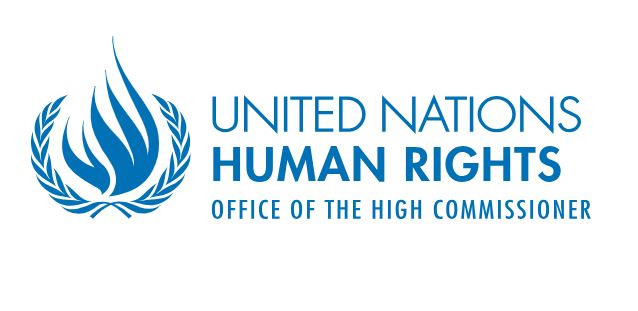




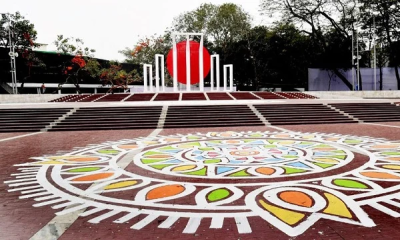



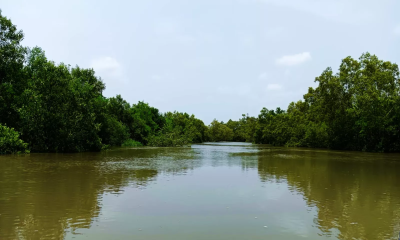

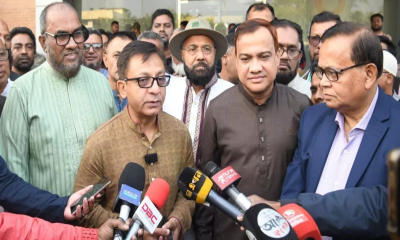
-20260220065859.jpeg)
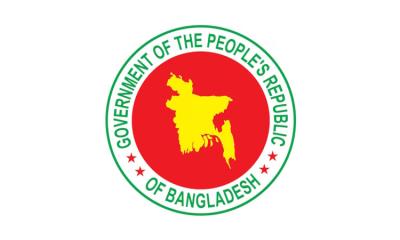
-20260219110716.webp)
-20260219054530.webp)














